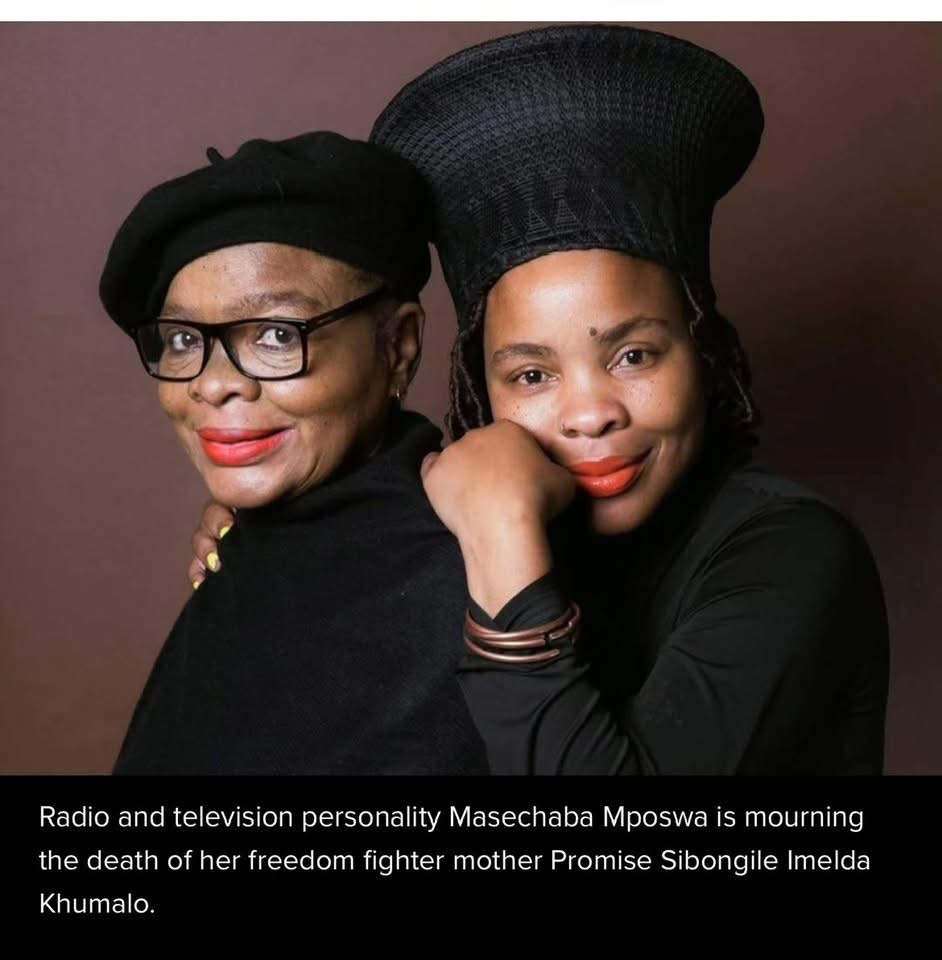By Vusi Mavimbela
I arrived at Viana Transit Camp in late 1979 immediately after my further training in the German Democratic Republic (East Germany). Viana, just outside Lusaka, served as a transit camp for all sorts of ANC and Umkhonto WeSizwe (MK) cadres. Some had just completed their training in the camps and were on their way abroad for advanced training, others like me, had done their advanced courses abroad and were waiting for further assignments. There were also new recruits who had come from SA and were on their way to military training or other forms of training. As a result, there was a constant flow and replacement of personnel.
It was in Viana where I first became part of the management of a military camp as a Commissar and a NAT Recording Officer. My responsibility as Commissar involved ensuring the healthy political life and wellbeing of the cadres. Among other things, I had to organise ongoing political classes that suited the political calibre of the cadres, including appropriate and timely collection, analysis and dissemination of news about South Africa and major developments around the world. As NAT Recording Officer, I became responsible for overall intelligence work, a significant part of which was collecting and analysing biographies of new recruits to assess and evaluate their bona fides. Based on that assessment and evaluation I would recommend the nature and level of future training for each of the new recruits.
It was during my tenure at Viana that Comrade Sibongile Khumalo arrived as a young recruit. As per the NAT security regulations, she had to abandon her real name and adopt the given MK name of Promise Lamula. The weather conditions at Viana were mainly very hot, humid, rainy and accompanied by a mosquito pestilence that wreaked havoc with our life in the camp. Consequently, Promise was frequently down with severe sinusitis (sinus disease) that prevented her performing exacting physical tasks around the camp. Up to that point I was alone in the task of collecting, analysing and disseminating news in the camp. Realising Promise’s health challenge and what I had identified as her unassuming but alert intelligence, I suggested to her that she joins me in the task of collecting, analysing and disseminating the news. At the time, she was very conscious of her young age among the grown-ups in the camp, making her shy, reserved and introverted. It was understandable when she told me that she was too intimidated to stand in front of the entire camp and read the news. I had to encourage her that she would get over it with time.
Every day, the two of us would sit down in the company of the only available small transistor radio in the camp and listen to important news hourly as I scribbled down important and relevant news items from the broadcaster. At the end of the day, we would meet again as I edited and sorted the collected news items into a presentable news bulletin. In the process I would be coaching her about the criterion I use to decide what was import and relevant to compile into our bulletin. I would also provide the political analysis of each item in the bulletin. Political analysis was fundamental because we collected news items mainly from many English news broadcasters the tiny transistor radio could capture, and they were largely Western broadcasters with strong signals like VOA, BBC, Netherlands, etc, and apartheid-aligned stations from SA. Radio Freedom of the ANC was also within reach. Every morning the entire camp would assemble for rollcall where new announcements would be made. The last standing item of the assembly was the reading, analysis and discussion of the news bulletin that I would have compiled.
One morning I told the assembly that Promise would thenceforth read the news bulletin. She was so nervous and shaking like a reed in the wind. I guess the soldiers were also tired of my voice that they had listened to every morning for too long – that might explain why when Promise finished reading, the assembly applauded enthusiastically – no applause had ever followed my reading of the news. One of the reasons is that the camp was pleasantly surprised by the transformation they observed from a shy and introverted young lady to the bravery and articulate reading of that morning. From there on I encouraged her to, on her own, start jotting down important and relevant news items and compiling a news bulleting that we would sit together and edit and analyse in preparation for the camp assembly the following morning. Promise’s grasp of the task and her progression was remarkable. It reached a stage where she was confident to collect and compile the bulletin alone. I would only come in to help her in the analysis. I could hardly imagine at the time that by the time I left Viana in 1982, Promise would have been firmly launched on a long and illustrious journey of journalism and the media.
Yesterday, her daughter Masechaba Mposwa, appropriately wrote,
“Yesterday morning, November 21, our world shifted forever.
My mother, Promise Sibongile Imelda Khumalo took her final breath at home. A warrior has rested. She was not only my mother — she was a soldier, a freedom fighter, a truth-teller, a revolutionary spirit carved by purpose. And a recipient of Isisele Senyathi.
After bravely standing in the Soweto Uprising as a young student, she left South Africa at just 14 years old to receive military training through uMkhonto Wesizwe (the military wing of the ANC). Even as a child, she chose courage over fear and justice over silence. She gave her entire life to the liberation of South Africa.
A trailblazing journalist. A pioneering broadcaster for Radio Freedom — the ANC’s underground radio station. A force of nature whose voice carried truth, conviction, and hope across borders. Today, I honour the life of a woman who fought so we could be free, who lived with bravery, who loved fiercely, and who served her country with everything she had. For many years in different parts of the continent and the Sub-Indian ocean, Sibongile ‘Promise’ Khumalo played a pivotal role as an international broadcaster for Radio Freedom – the then voice of the African National Congress (ANC) and its military wing uMkhonto we Sizwe. Furthermore, she worked for the South African Congress of Trade Unions (SACTU) – which gave birth to COSATU. She was requested by the ANC leadership to help SACTU with its short-wave radio, alongside Radio Freedom. – for a programme called Workers Front. It was SACTU that sent Sibongile to Ireland to study Computer Literacy and took her around the country, including the war-torn Northern Ireland, on speaking tours. In 1981 the ANC sent her from Angola to a prestigious International School of Journalism in former East Germany, and later she her Learnership in Russia (the then USSR).
Over a period the ANC sent her to numerous countries overseas to conscientise and mobilise progressive mankind against the abominable apartheid system. In 1990 the ANC sent Promise to the USA where she graduated (Cum Laude) in Language Arts and Radio as well as Film & Television at Laney College and San Francisco State University respectively. She did her Learnership at both Channel 2 Fox TV (Oakland, CA) and Channel 4 KRON TV (San Francisco, CA). She resumed her Master’s Degree and worked at Auburn University (Alabama). Promise was a notable broadcaster on Radio Nationale De Angola (Luanda), Zambia National Broadcasting Corporation (ZNBC – Lusaka) Radio Dar es Salaam (Tanzania), Radio Antananarivo (Madagascar).
She was the first uMkhonto we Sizwe woman to be sent on a Cinematography course (Geneva, Switzerland) in a cross-cultural exchange programme with Isis International that saw her working with a London-based bi-monthly newspaper called Outwrite based in Oxford House (Bethnal Green). Back in South Africa after a 20-year stint in exile, Promise was a General Manager at the SABC’s international broadcaster, Channel Africa. She later joined the government as a National Project Manager at the Department of Social Development and thereafter became the National Head of Communications and Ministerial Spokesperson at the Department of Correctional Services.
Most recently, she was the Founder and Chairperson of Pan-African Genesis (PAG) whose motto is “From Conflict To Reconciliation”. PAG is an organisation that was inspired by her life-long confidante and comrade, Chris Hani and is an NPO that owns the largest existing audio-visual archive of liberation stories, told through the lens of destitute military veterans – the unsung heroes and heroines of the then protracted armed liberation struggle. Through PAG, Promise created employment for the youth and destitute military veterans. She was not just a public servant, she was a pillar of the community, a true mother of the nation.
She is survived by her two children, Modiehi and Masechaba – and 5 grandsons”.

